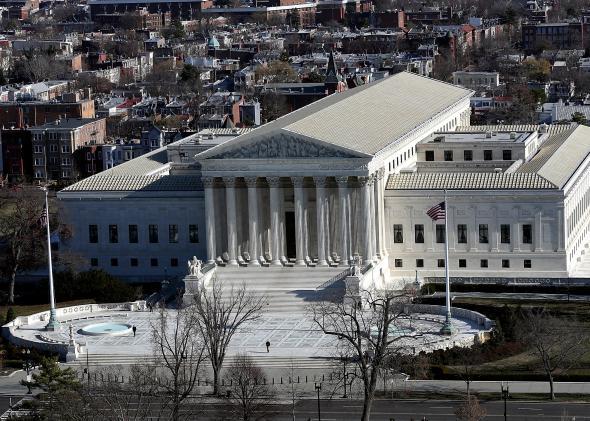I’ve served on jury duty in the past without complaint and, frankly, have traditionally felt that the American habit of constant whining about civic obligation is a bit unseemly. But Slate has been hit with a rash of staff summonses lately and complaints from the bosses are making me sensitive to another dimension of the problem—in a complex modern economy, jury duty can be an exceptional burden on firms.
The implicit model of jury duty is one in which workers are basically interchangeable widgets. John is going to be missing for a while, so Jane will pull some extra shifts to cover for him. Since different people have different tastes and circumstances, the odds are pretty good that at any given time there’s someone on staff who actually prefers to work longer hours in exchange for higher pay. Consequently, John is put out a bit but basically the company trundles on.
There obviously are some work roles that function this way. But there are a lot of work roles that don’t. Even when we have people doing similar jobs, that doesn’t mean anyone can actually double-up. If I’m on a jury, Weigel can’t write my blog while also writing his blog. He could try to write his blog during regular business hours and then write my blog at night, but all the news will have already happened. By the same token, even if other editors step up to fill in for a missing editor and work longer hours the reduction in parallel processing still means articles will be published more slowly. The impact of the slowdown then trickles through the entire enterprise and lowers everyone’s productivity. And I think we’re hardly unique in this regard. People are collaborating in complicated ways in workplaces all across America, and while nobody is irreplaceable, it’s also fairly unusual to just be able to swap a given person in and out without consequence.
This seems especially egregious in the case of grand jury, which is more burdensome and seems to barely play a functional role in the judicial system—in the end you wind up indicting whoever the prosecutor wants to indict so why put everyone through the problems?
